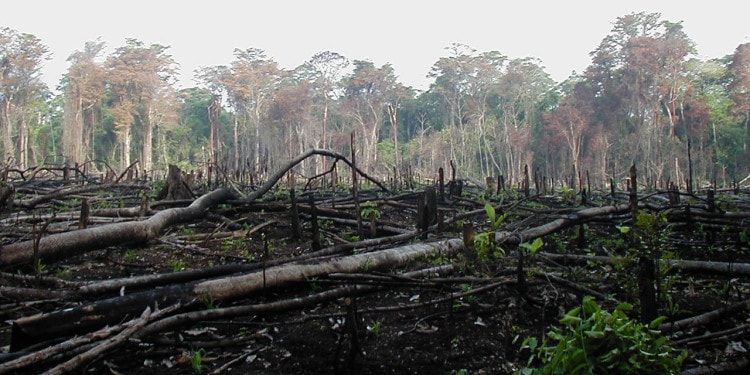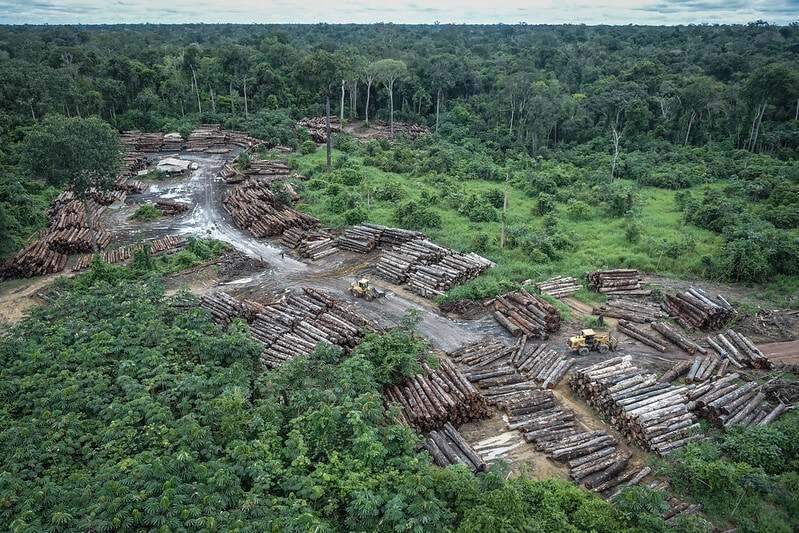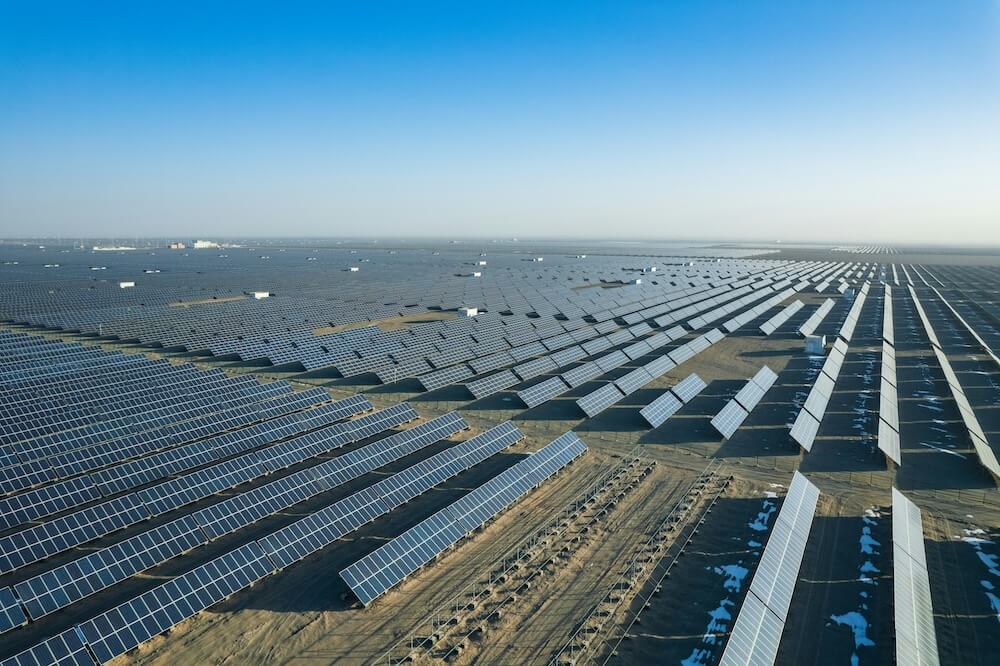If you have spent any time at all on social media in the last week, you may have noticed celebrities and politicians using their platforms to bring global awareness to the fires in the Amazon rainforest. The smog from the fires has become so thick, the Brazilians report having dusk arrive in São Paulo two hours early. Nations all around the world practice deforestation tactics in order to support their economies, so why the outrage? Compared to the same period last year, the number of forest fires in Brazil has grown by 84%.
This jump in deforestation has coincided with the election of President Bolsonaro to office. Bolsonaro has not only reduced funding for environmental protection initiatives but has actively sought to exploit the natural resources in the Amazon for economic gain. The president believes that Brazil has long been hindered by international pressure to preserve the rainforest, arguing that it is the nation’s sovereign right to take advantage of the Amazon in any way that is desired.
The suppression of information has also played a large role in the international coverage of the fires. Foremost, this significant increase in deforestation practices is not a phenomenon that only just began this August. Rather, this issue has been occurring since Bolsonaro took charge on the first of January, 2019.
As numbers indicating the increase began to surface this summer, Bolsonaro took action. Not only did Bolsonaro fire physicist Ricardo Galvão, who was the chief of the National Space Research Agency which reports the deforestation figures based on satellite images, but he also outright denied the verity of the figures.
This has given ‘fake news’ crowd—spurred by incorrect, outdated, and irrelevant images of fires going viral worldwide—the encouragement to deny or to underestimate the severity of the situation. Additionally, deforestation practices for logging and cattle ranching have been common in Brazil, despite being illegal, for the last decade. In 2016, by August, there were 68,484 reported fires, merely five thousand fewer instances than today. Regardless, whether the battle against the destruction of the Amazon is political or truly genuine, it is wonderful to see a global awareness for an environmental crisis for once.
Last Thursday, finally recognizing the existence of fires in the Amazon, Bolsonaro asked: “The Amazon is bigger than Europe, how will you fight criminal fires in such an area?” On this edition of Deal of the Week, Impakter takes a look at startups that prevent, decrease, or end deforestation altogether.
Founded in San Francisco in 2014, this crowdfunded startup aims to prevent deforestation by identifying exactly when and where it happens, allowing for immediate intervention. Traditionally, rainforests are monitored via satellite and often deforestation actions are only identified many days later. The startup revolutionizes rainforest monitoring by repurposing old phones and turning them into remote listening devices, which—through the use of artificial intelligence—can alert forest rangers at the sound of chainsaws, logging trucks, and other deforestation activity.

The phones are solar-powered and provide real-time, around-the-clock protection. Hidden in the tree canopy and camouflaged, the devices, called “Guardians” have a range of up to three square kilometers. If tampered with the device instantly notifies local authorities.
The startup works in collaboration with the many indigenous peoples who live in the rainforests where the devices are deployed. The devices can only be used within a range of cellphone towers, which are predominantly found on the outskirts of rainforests. However, these areas happen to be targeted the most by illegal loggers. Furthermore, that is where response times are the fastest, due to the proximity of local populations.
Additionally, the device also has a utility as a wildlife monitoring device. Scientists can assess the health of local wildlife. An app is available for both Android and iOS devices that allows users to listen to the sounds of the rainforests being monitored live. According to a recent update, the startup currently has devices deployed in Brazil, Costa Rica, Peru, and Sumatra.

In the photo: One of the drones deployed by BioCarbon Engineering. Photo Credit: BioCarbon Engineering.
Back in May, Impakter conducted an interview with Irina Fedorenko, the co-founder of BioCarbon Engineering. Founded in 2014, this startup harnesses drone technology in order to plant trees in deforested areas.
The drones can assess the quality of the soil below and qualify it based on its potential for restoration. If the soil is deemed worthy, the drones disperse seeds in the area. Furthermore, the company cooperates with local reforestation organizations in order to determine proper locations for planting.
The biggest advantages of utilizing drones are speed and cost. The company claims that its methods are 150 times faster and ten times cheaper than traditional planting practices. At the moment, the startup provides its services in Myanmar and Australia, with the aim of expanding to Indonesia later this year.
Unfortunately, deforestation practices make soil dryer and significantly less fertile than before, making it difficult to fully undo the damage that is done.

In the photo: A guitar manufactured using the Ekoa composite. Photo Credit: Lingrove
There are two main reasons why illegal deforestation occurs: logging and ranching. This San Francisco-based startup, founded in 2013, is attempting to provide substitutes for the material obtained from deforestation practices.
Initially, a startup called Blackbird produced a bio-based composite called Ekoa. After successfully crafting musical instruments using the composite, Lingrove was founded in order to utilize it for other applications.
Ekoa can be used in the designs of most wood-textured objects such as the insides of a car, surfboards, and furniture. The material is both more durable and lighter than traditional wood designs.
In the Cover Photo: What is left of a forest after a fire. Photo Credit: Wikimedia.
_______________________________________________________________________
EDITOR’S NOTE: The opinions expressed here by Impakter.com columnists are their own, not those of Impakter.com.














